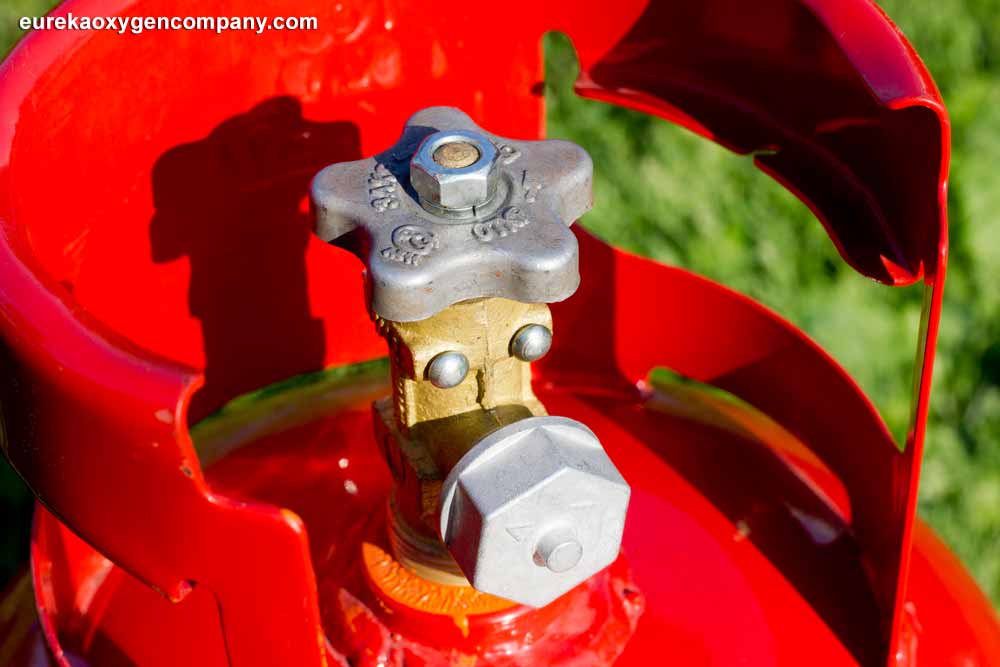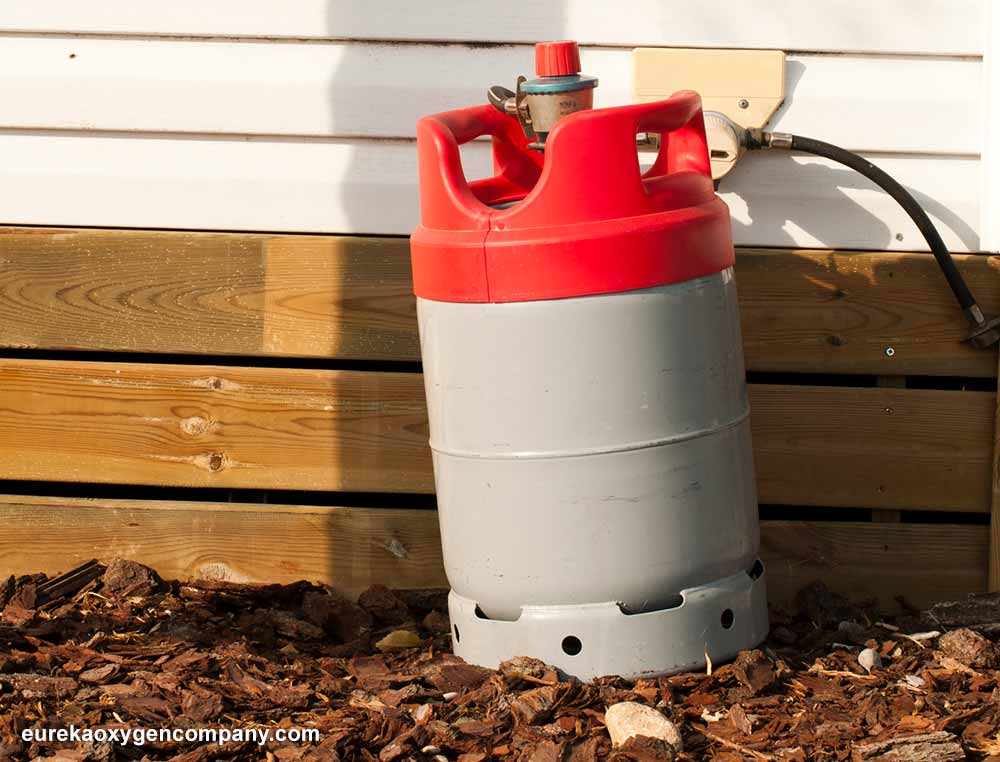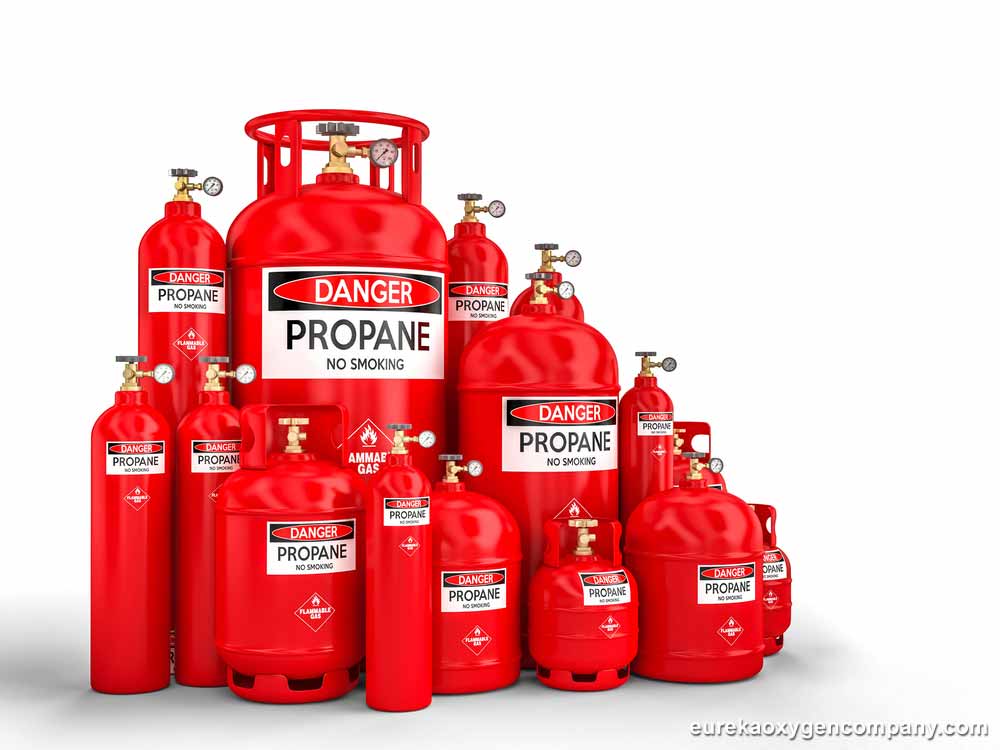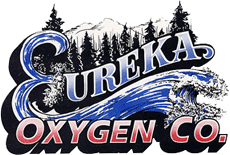Many households in America rely on cylinder gas as an energy source all year long. However, after the end of the summer season, and the inevitable barbecues that accompany it, many homes make use of their LPG gas more sporadically. This makes a good number of them proceed to store their gas until the warmer months arrive. However, due to the various safety hazards that may arise from the unsafe storage of gas, it is always important to adhere to the proper and safe storage regulations at all times. This should be the case not only over the course of the winter season but all year long.
This goes a long way in enabling you to circumvent all these dangers that may pose a great risk to the safety of you, your loved ones, and your residential property. Among other hazards, this might include accidental leakages which can give rise to accidental fire hazards if the leaking cylinder gas is stored in close proximity to an ignition source. So, it’s always prudent of you as a responsible homeowner, to ensure you take all the necessary precautions when it comes to properly storing your gas when not in use including during the winter months. Here then are some handy tips that will offer some guidance on how to properly, and more to the point, safely store your LPG gas over the course of the winter season.
Never attempt to store cylinder gas within your home when not in use

In the first place, you should never store your cylinder gas indoors under any circumstances when it is not in regular use. This is simply because doing so will place you, your loved ones, and even your house at increased risk should it start to leak. In such circumstances, if this gas buildup is not checked, it won’t easily be expelled from the atmosphere and will be more prone to ignite. Also, at all costs, never try to store cylinder gas beneath your home’s ground levels including basements or crawl spaces for the same reasons. Therefore, it is highly recommended that you store your LPG gas outdoors, in a well-ventilated area even at the height of winter.
Make sure you store your cylinder gas in an upright position

Secondly, you ought to store your cylinder gas in an upright position at all times. Doing so will be a smart precaution against the likelihood of the gas leaking, an occurrence which tends to be very common when LPG gas cylinders are stored in the horizontal position. At the same time, it is highly advisable that if possible, you make sure to place the cylinder on a slightly elevated, sturdy, and flat surface. This will ensure that the likelihood of it being knocked over accidentally is substantially reduced.
What are the proper steps to take before storing your cylinder gas during the winter season?

You’ve now eventually found a suitable outdoor area that is well ventilated and protected from the forces of the elements to safely store your cylinder gas. Next, you should take all the time you need to make a number of checks to ensure it is safe to store. First of all, check to determine whether there are any leaks in the valve and even the tank itself. One simple, albeit highly effective way of doing so is introducing non-abrasive household soap on the valve and the gas bottle itself. In the event you notice visible soap bubbles forming, this will be a sure indicator that the cylinder is leaking. Should this be the case, make sure you seek the help of your cylinder gas supplier as soon as possible who will help you to safely dispose of it.
On the flip side, if the valve is still intact and the bottle is not compromised, you may then proceed to store it in the place you chose that is well ventilated and far from any ignition source.
Eureka Oxygen is a leading vendor of welding equipment, welding supplies, and safety gear.
We also offer a variety of cylinder gas products to both consumer and commercial users. Give us a call today!

